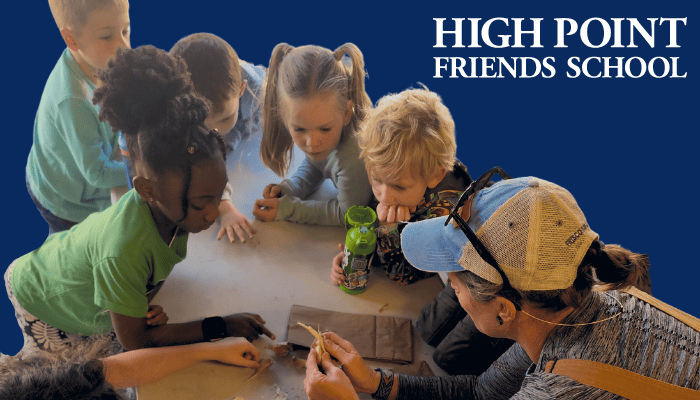By Tom Franz, Head of School at High Point Friends School
Friends (Quaker) Schools are unique in the way they combine academic excellence (creating scholars) and spiritual development, not religious training. Some of the best schools in America are Friends schools: William Penn Charter School was founded in 1689, Sidwell Friends School opened its doors in 1883, and The George School started in 1893. Equality is a core value in the Quaker tradition and Friends schools going back to 1754, when girls became part of Friends schools and in 1770, when Friends education was opened to children of all racial backgrounds.
Key Elements of a Friends Education
- Nurture a sense of the inner Light (God) in all of us – Truth is Revealed
- Open Minded & Developmental Approach
- Students learn through hands-on inquiry, reflection, scientific investigation, critical thinking, problem solving, service learning
- Focus on Community using the Core Values of Simplicity, Peace, Integrity, Community, Equality, & Stewardship (Spices)
- Value Difference – Friends Schools welcome people from all backgrounds, perspectives, & experiences.
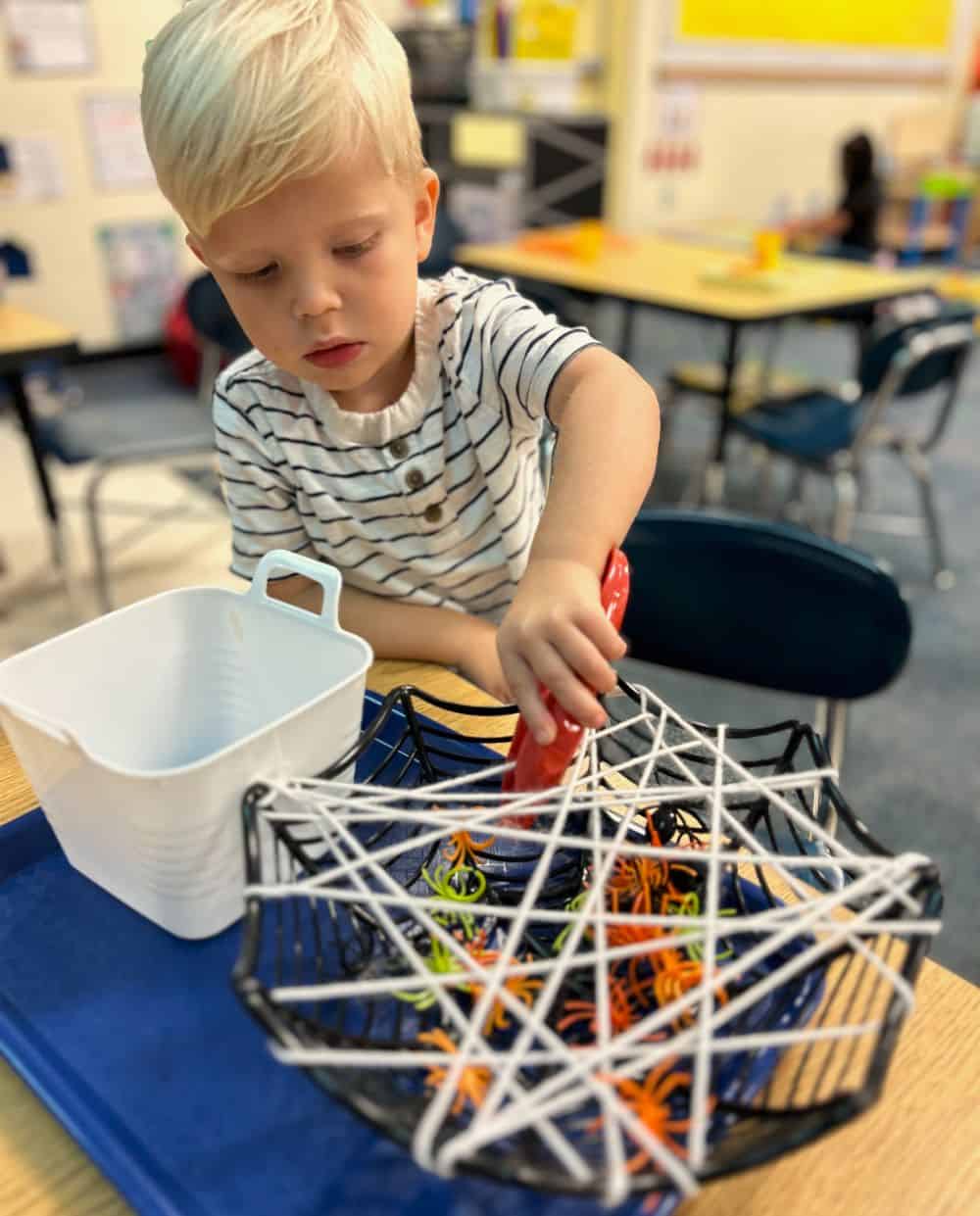
High Point Friends History & Mission
High Point Friends School was started in 1963 by the High Point Friends Meeting to welcome students and families from all backgrounds during a time when many private schools were opening to avoid the desegregation that was happening in public schools. The Mission of High Point Friends School is to provide an exceptional education grounded in the Quaker belief that “there is that of God in everyone,” and nurtures the intellectual, physical, social, emotional, and spiritual gifts of all children, empowering them to contribute responsibly to our ever-changing world.
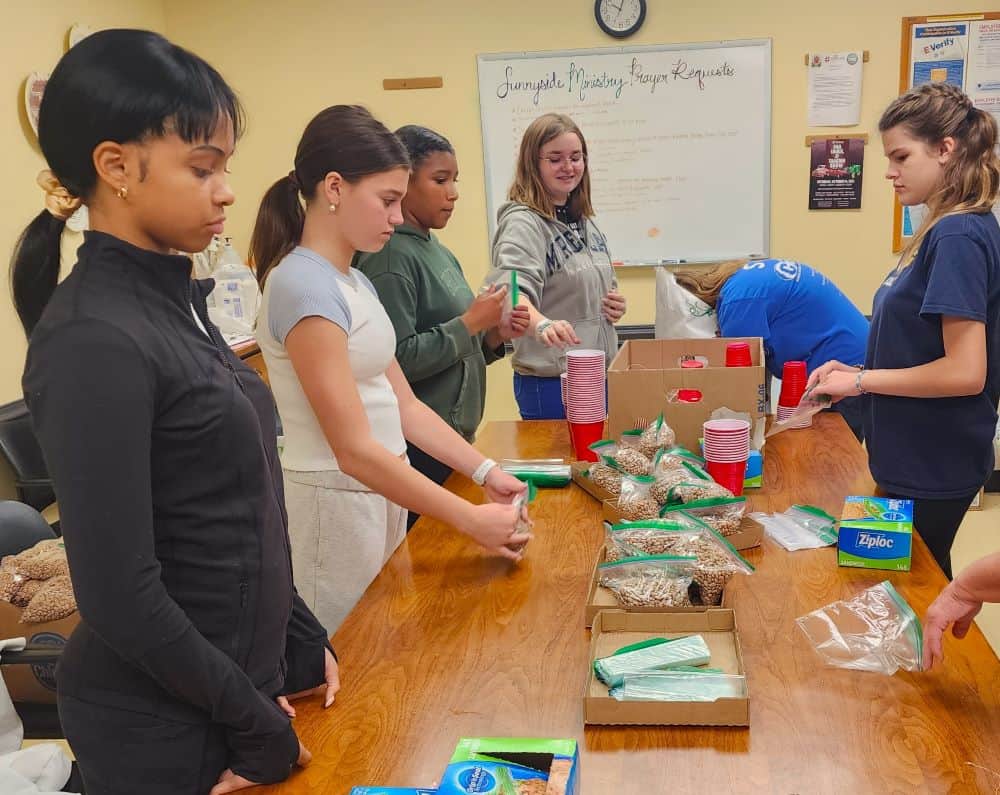
HPFS Philosophy of Education – Creating Scholars
As a Friends school, we focus on gaining knowledge and developing skills so students can become problem solvers, transforming students from passive recipients of information to active participants in the learning process. Learning is fun because it is inquiry based and experiential and requires students to engage in hands-on activities, critical thinking, and collaborative problem-solving. HPFS is creating scholars who think critically and solve problems, not just at school, but in the world by using the Workshop Approach to Teaching and Learning.
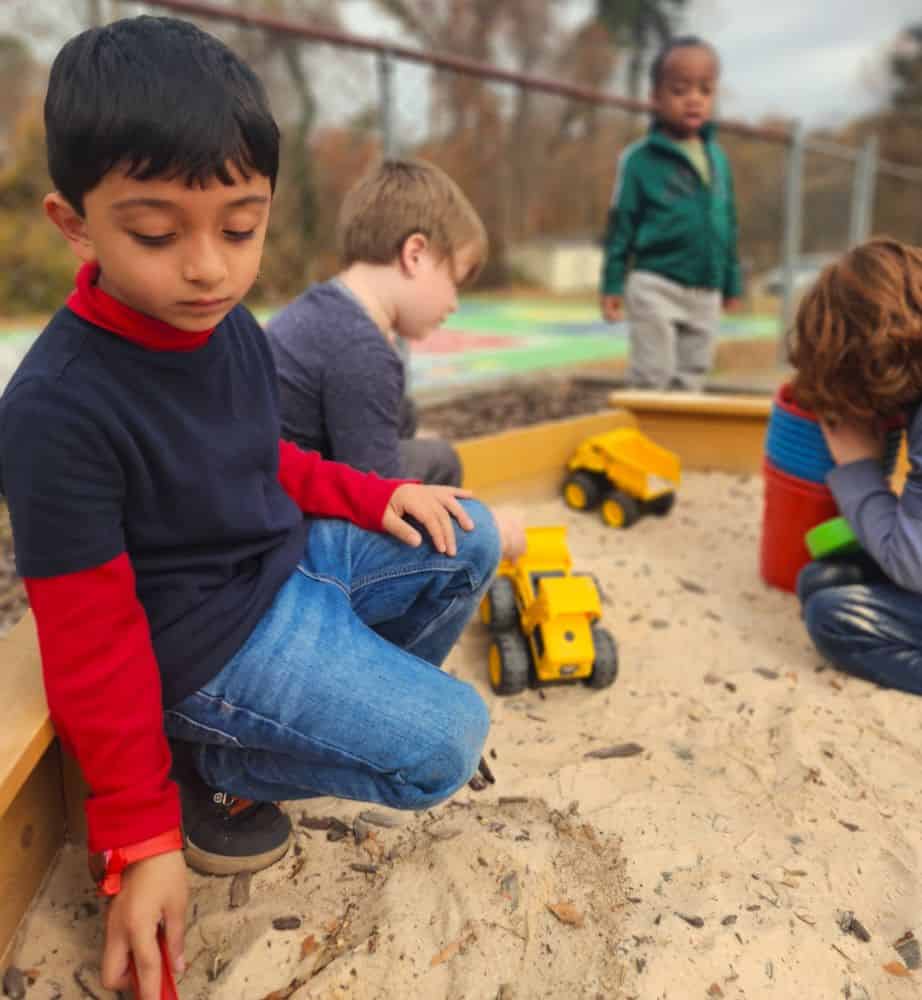
Workshop Approach to Teaching & Learning
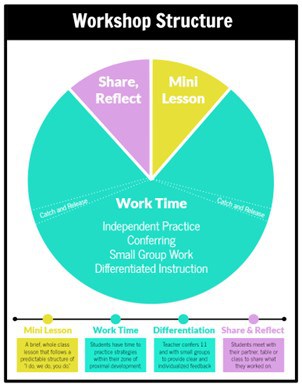 Explicit Instruction – Mini-lesson by the teacher for 7-12 minutes to whole class
Explicit Instruction – Mini-lesson by the teacher for 7-12 minutes to whole class- Independent student work – practice skill or concept modeled by the teacher during the mini-lesson
- Differentiation – teacher works with students who may need additional support or challenge – teacher may confer one to one or in small groups
- Collaboration – students working in pairs or small groups to discuss solutions or best approach to the skill, concept or problem
- Share & Reflect – teacher leads time for students to share what they noticed and learned
This approach to creating scholars empowers students to take responsibility for their learning and promotes curiosity about the world. Too often the natural curiosity (joy) that students come to school with as four or five year olds is eliminated by third grade because schools focus on preparing students to take standardized tests. HPFS believes that learning is best accomplished when it is meaningful, self-directed and actively constructed.
Regular service learning opportunities make a connection between what students are learning in the classroom and the needs of a partner in the community. These experiences combine insights into real-world problems with opportunities to make a difference in the community.
Next month we will explore how High Point Friends School cultivates a community that is welcoming and inclusive of people from all backgrounds, perspectives and experiences!
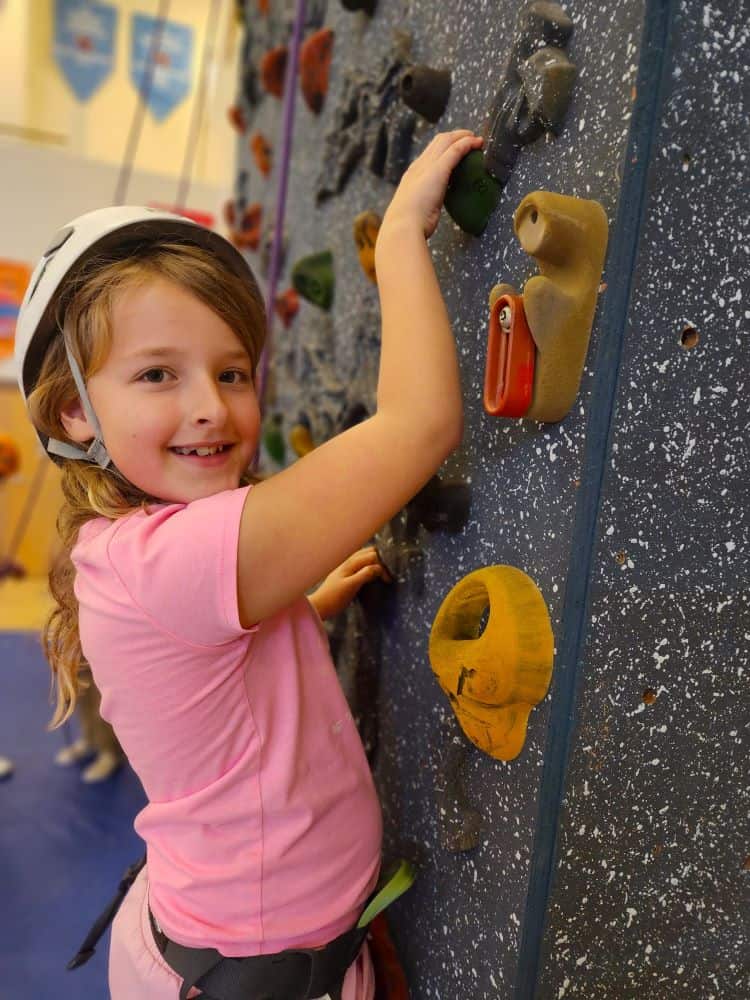
Learn more about High Point Friends School
*Blog Sponsored by High Point Friends School

